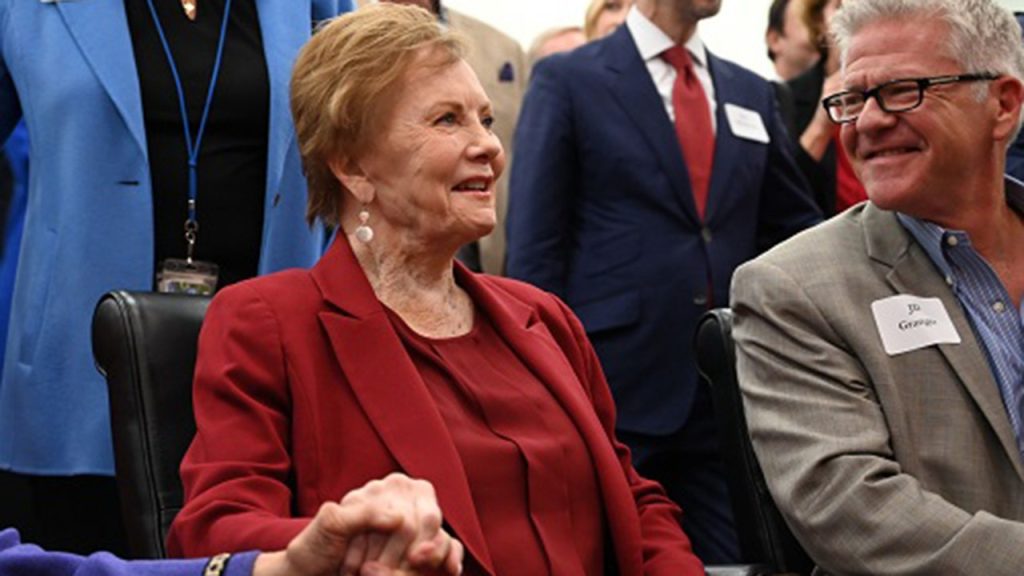Paragraph 1: Unveiling the Absence and Initial Reports
Representative Kay Granger, an 81-year-old Republican from Texas, found herself at the center of media attention following revelations of her prolonged absence from Capitol Hill. Reports surfaced, initially from the Dallas Express, indicating that Granger had been residing in a memory care facility in Texas, prompting questions about her capacity to fulfill her congressional duties. This news came as a surprise to many, given that Granger had not publicly disclosed any health concerns that would necessitate such an arrangement. Her last recorded vote was on July 24, marking a significant period of absence from legislative proceedings.
Paragraph 2: Family Clarification and Concerns
Amidst the swirling speculation, Granger’s son, Brandon Granger, stepped forward to address the reports and provide clarity on his mother’s situation. While confirming her residence in a retirement community, he refuted claims that she was specifically housed in the memory care unit. Brandon explained that his mother had made the decision to move into the independent living section of the facility, a "nice condo" as he described it, and that he had personally assisted her with the transition. He further revealed that her decline in health had been "very rapid and very difficult," acknowledging the challenges they were facing as a family. However, he refrained from providing specific details about her condition or any potential treatment she might have received in the memory care unit.
Paragraph 3: Granger’s Statement and Continued Duties
Following the public discourse surrounding her health and whereabouts, Representative Granger issued a statement addressing the concerns. She acknowledged experiencing "unforeseen health challenges" over the past year, which had intensified since early September, making regular travel to Washington D.C. both "difficult and unpredictable." Despite these personal struggles, Granger emphasized the unwavering dedication of her staff, who had continued to provide "exceptional constituent services" throughout this period. This statement served to reassure her constituents that her office remained operational and committed to serving their needs.
Paragraph 4: Public Appearances and Congressional Legacy
Despite her extended absence from voting sessions, Representative Granger did make a notable appearance in November for the unveiling of her official portrait as the Chairwoman of the Appropriations Committee. This event, attended by prominent figures such as House Speaker Kevin McCarthy and House Majority Leader Steve Scalise, signified recognition of her long and distinguished service in Congress. Granger, who has represented Texas in the House since 1997, holds the distinction of being the first female mayor of Fort Worth. Her upcoming retirement at the end of the current congressional term marks the conclusion of a remarkable career in public service.
Paragraph 5: Political Transition and Future Representation
With Granger’s impending retirement, the political landscape of her district is poised for change. Republican congressman-elect Craig Goldman is set to succeed her in January, assuming the responsibility of representing her constituents in the House. This transition marks a new chapter for the district, as Goldman prepares to take the reins and continue the work of representing the interests of the people he serves.
Paragraph 6: Media Coverage and Speculation
The unfolding story of Representative Granger’s health and absence from Congress garnered significant media attention, with various news outlets reporting on the developments. While initial reports focused on the possibility of her residing in a memory care facility, subsequent clarifications from her son and her own statement helped to paint a more nuanced picture of her situation. The media coverage highlighted the challenges faced by public figures navigating health issues while simultaneously maintaining their professional responsibilities. The public’s interest in the story underscores the importance of transparency and open communication between elected officials and their constituents, particularly when personal circumstances impact their ability to fully engage in their official duties.

